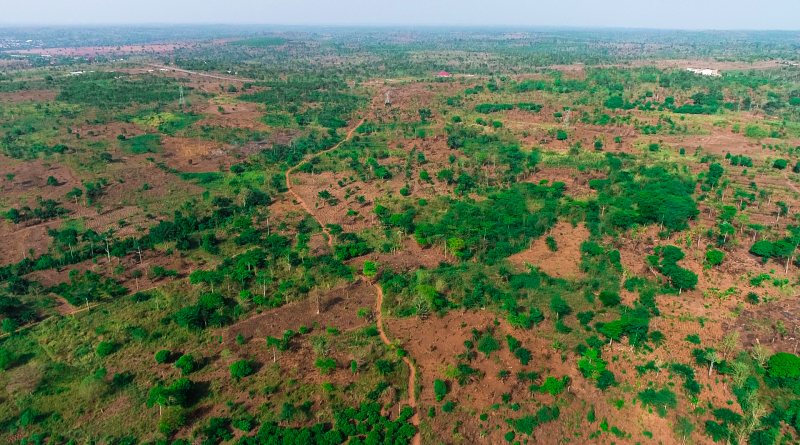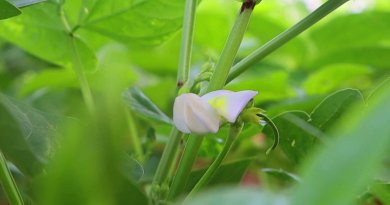ReDIAL Project’s Climate Smart Agriculture Component
ReDIAL project is contributing to the development of climate-resilient agriculture and food security systems in Ghana as outlined in the Ghana National Climate Change Policy Action Programme for Implementation (2015–2020). The project is specifically contributing to Climate resilient agriculture by promoting the use of organic based fertilisers associated with low carbon emission to enhance soil carbon buildup.
The key expected result under this component on Climate Smart Agric (CSA) is: To reduce land degradation and biodiversity loss while promoting sustainable land management and Climate Smart Agricultural (CSA) practices at the landscape level in priority landscapes.
The ReDIAL Project is working to achieve the result through implementation of the following specific activities:
1. Community-level sensitisation and capacity building forums on Climate Smart Agricultural practices in selected communities in the project zones.
2. Capacity strengthening of local communities and authorities through training, sensitisation, strengthened infrastructure and governance for application of Climate Smart Agricultural practices.
3. Dialogue meetings with government and private sector actors to secure possible funding for landscape restoration and governance.
4. Private, public, print and electronic media engagements including social media bloggers for communication and information sharing on the Action and innovative technologies.
5. Media platforms for communication and information sharing on the project.
6. Media-based sensitisation programmes for publication of Action finding and information on Climate Smart Agricultural practices.
7. Video documentaries and promotional video and photographic materials to promote awareness and appreciation of Climate Smart Agricultural practices.
8. Farmers in target communities trained on conservation agriculture such as compost making, minimum/zero tillage, mulching and green manure.
The main aim of this component is to facilitate adoption of Climate Smart Agricultural practices that support increased farm productivity and efficiency but reduced environmental impact and increased capacity of farmers to adapt to climate change.



